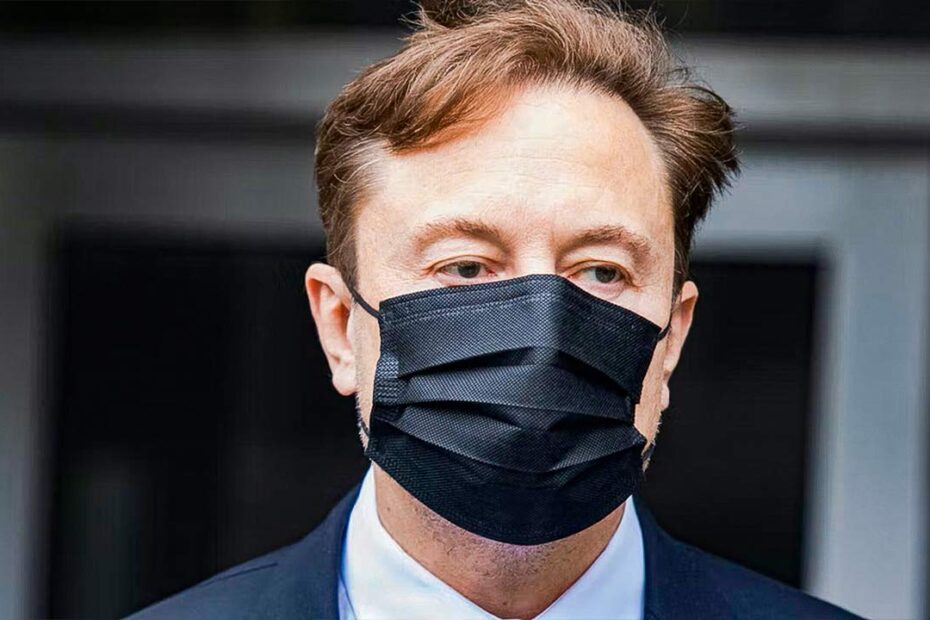Exclusive news: A jury has cleared Tesla CEO Elon Musk of claims made by investors that he defrauded them several years ago when he tweeted that he was considering taking the company private.
CEO Elon Musk tweeted on August 7, 2018, considering taking Tesla private for $420. I’m considering taking Tesla private for $420. Funding secured. A federal jury in San Francisco rejected a demand that the 51-year-old billionaire should pay billions of dollars in damages over the tweets.
CEO Elon Musk was present during the trial and took the witness stand where he said he had come to an agreement at that time to join hands with Saudi Arabia’s Public Investment Fund to take the company private. He said that Saudi later reneged on the agreement. CEO Elon Musk said, I had no ulterior motive. My intention was to do the right thing for all shareholders.
Adam Pritchard, a professor at the University of Michigan Law School, said the case is unlikely to set a precedent that changes the way other authorities exercise free speech online. Complaining about CEO Elon Musk’s online speech, Pritchard said, “Nobody does it. Only Elon does it. He’s infallible. I don’t think his behavior can be improved.
Following the verdict, Musk praised the jury, tweeting: Thank goodness the common sense of the people has triumphed! I deeply appreciate the jury’s unanimous finding of innocence in the case of Tesla 420 Tech-Pvt. Thank God, the wisdom of the people won! I deeply appreciate the jury’s unanimous finding of innocence in the case of Tesla 420 Tech-Pvt.
CEO Elon Musk has previously taken a public company private. When the billionaire bought Twitter in late 2022, he took the company private by delisting it from the stock exchange. Eric Gordon, professor of business at the University of Michigan, noted in a piece for The Conversation that public companies are often not private, but they are.
Some of the benefits of going private—from the perspective of someone like CEO Elon Musk—maybe Twitter no longer has to file reports with the Securities and Exchange Commission (SEC), and few shareholders will ever have one, among other pluses.
